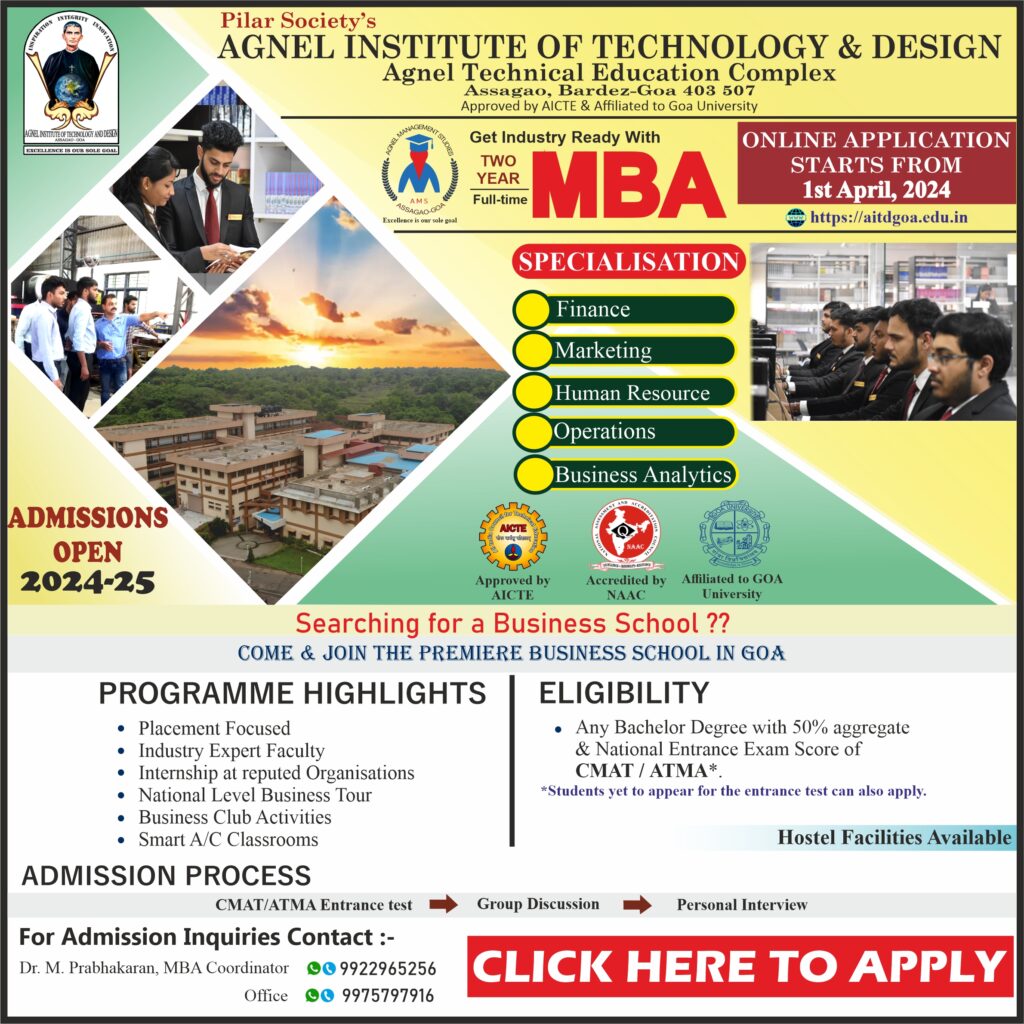
B.E in Computer Engineering
Program Overview
Bachelor of Engineering [BE] (Computer Engineering) is a four year course. This course lays emphasis on the theoretical foundations of information and computation, taking a scientific and practical approach to computation and its applications.
This course is designed for graduate students who are interested in computer applications. This program allows students to seek professional knowledge in computer applications.
Curriculum (RC 19-20 Scheme)
- Mathematics – I
- Chemistry / Physics
- Basic Electrical & Electronics Engineering
- Basics of Mechanical Engineering
- Physics/Chemistry Laboratory
- Electrical & Electronics Laboratory
- Workshop-I
- Environmental Science*
*To become eligible to answer semester I examinations it is mandatory to complete the requirements of audit course.
- Mathematics – II
- Chemistry / Physics
- Computer Programming
- Introduction to Civil Engineering
- Physics/Chemistry Laboratory
- Programming Laboratory
- Engineering Graphics
- Workshop-II
- Mathematics III
- Logic Design
- Data Structures
- Object Oriented Programming System
- Computer Organization
- Programming Laboratory
- Data Structures Programming Lab
- Object Oriented Programming System Lab
- Technical Communication
- Mathematics I & II (Bridge Course)*
*Applicable to direct second year /lateral entry students
- Discrete Mathematics
- Microprocessors & Microcontrollers
- Formal Languages & Automata Theory
- Modern Algorithm Design Foundation
- Object Oriented Software Engineering
- Modern Algorithm Design Foundation Lab
- Microprocessors & Microcontrollers Lab
- Technical Communication
- Economics for Engineers
PROGRAM EDUCATIONAL OBJECTIVES (PEOs)
- PEO 1 To prepare students to excel in their profession with quality Graduate Programmes and succeed in becoming leaders and managers of Engineering / Technology.
- PEO 2 To provide students with a solid foundation in mathematical, scientific and engineering fundamentals with more emphasis on Computer engineering and become competent to pursue higher studies.
- PEO 3 To train students with comprehensive scientific and engineering skill sets so as to understand, analyse, design and create novel products and solutions for real life problems by adapting state-of-the-art technology and with a concern for human related issues.
- PEO 4 To inculcate in students’ professional ethics, positive integrity, principled attitude, effective communication skills, teamwork skills, multidisciplinary approach, and an ability to relate engineering issues to broader social context.
- PEO 5 To provide students with an academic environment mindful of excellence, leadership, written ethical codes and guidelines, and motivation for life-long learning needed for a successful professional career.
PROGRAM OUTCOMES (POs)
- PO 1 Engineering knowledge: Apply the knowledge of mathematics, science, engineering fundamentals, and an engineering specialization to the solution of complex engineering problems.
- PO 2 Problem analysis: Identify, formulate, review research literature, and analyze complex engineering problems reaching substantiated conclusions using first principles of mathematics, natural sciences, and engineering sciences.
- PO 3 Design/development of solutions: Design solutions for complex engineering problems and design system components or processes that meet the specified needs with appropriate consideration for the public health and safety, and the cultural, societal, and environmental considerations.
- PO 4 ; Conduct investigations of complex problems: Use research-based knowledge and research methods including design of experiments, analysis and interpretation of data, and synthesis of the information to provide valid conclusions.
- PO 5 Modern tool usage: Create, select, and apply appropriate techniques, resources, and modern engineering and IT tools including prediction and modelling to complex engineering activities with an understanding of the limitations.
- PO 6 The engineer and society: Apply reasoning informed by the contextual knowledge to assess societal, health, safety, legal and cultural issues and the consequent responsibilities relevant to the professional engineering practice.
- PO 7 Environment and sustainability: Understand the impact of the professional engineering solutions in societal and environmental contexts, and demonstrate the knowledge of, and need for sustainable development.
- PO 8 Ethics: Apply ethical principles and commit to professional ethics and responsibilities and norms of the engineering practice.
- PO 9 Individual and team work: Function effectively as an individual, and as a member or leader in diverse teams, and in multidisciplinary settings.
- PO 10 Communication: Communicate effectively on complex engineering activities with the engineering community and with society at large, such as, being able to comprehend and write effective reports and design documentation, make effective presentations, and give and receive clear instructions.
- PO 11 Project management and finance: Demonstrate knowledge and understanding of the engineering and management principles and apply these to one’s own work, as a member and leader in a team, to manage projects and in multidisciplinary environments.
- PO 12 Life-long learning: Recognize the need for, and have the preparation and ability to engage in independent and life-long learning in the broadest context of technological change.
PROGRAM SPECIFIC OUTCOMES
- PSO 1: Foundations of Computer Systems and Software development: Ability to understand the principles and working of computer systems and the structure & development methodologies of software systems. Possess professional skills and knowledge of software design process.
- PSO 2: Foundation of mathematical concepts: Ability to apply mathematical concepts to solve computational task, to model real world problem using appropriate data structure and suitable algorithm.
- PSO 3: Applications of Computing and Research Ability: Ability to use knowledge in various domains to identify research gaps and hence to provide solution to new ideas and innovations
- PSO 4: Successful Career and Entrepreneurship: Ability to employ modern computer languages, environments, and platforms in creating innovative career paths to be an entrepreneur and a zest for Higher studies.
Career Opportunities
Choose a computer engineering degree, and you could be working at the forefront of the next greatest technological innovations. The increasing scope of computer engineering means you have the choice to work in a wide variety of highly specialized areas. With computer technologies playing an ever growing role in all aspects of modern life, you’re likely to find your computer engineering skills in high demand across many different industries although, unsurprisingly, most graduates go into roles within the computer industry. Some of the popular computer engineering careers include:
Career Roles
- IT consultant
- Information systems manager
- Database administrator
- Multimedia programmer
Eligibility Criteria
The student should have completed 10 +2 education and appear for the Goa Entrance examination to be eligible for this course.
OR
The student should have completed a diploma in Engineering course and appear for Goa Entrance examination for Lateral Entry in degree courses.
Contact Us
- [email protected]
- Computer Engineering Department, Agnel Institute of Technology & Design, Assagao Goa
- Visit Department Website

